Old Winchester
£7.75 – £31.00
Old Winchester shows you precisely what you will get; a ton of flavour and crunch. Not only an excellent cheese for your boards but a fantastic British Parmesan alternative.
Just underneath the rind, the colour is amber, traversing into a lighter royal honey, bejewelled with white tyrosine crystals that indicate a well-aged wise cheese. Old Winchester has a bite to it and a frequent crunch that fires up that well-sought-after itch at the sides of your mouth. The flavour starts with a familiar cheddar tang which rolls into complex caramel butterscotch, smoky at points, whilst the base tang continues to beat throughout the journey. That journey is exceptionally and satisfyingly long, slowly transcending into a deep savoury broth.
Description
HERD
Friesian Cow
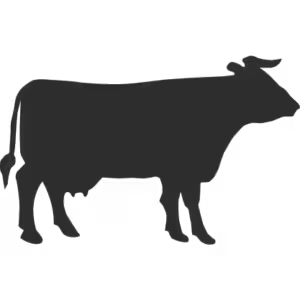
Friesians are a breed of dairy cattle that originated in the Dutch provinces of North Holland and Friesland, and Schleswig-Holstein in Northern Germany. They are known as the world’s highest-producing dairy animals.
MILK
Pasteurised
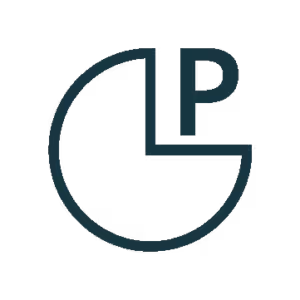
The process of pasteurisation involves heating milk to 71.7°C for at least 15 seconds (and no more than 25 seconds). Because of the nature of the heat treatment it sometimes referred to as the ‘High Temperature Short Time’ (HTST) process. Once the milk has been heated, it is then cooled very quickly to less than 3°C. The equipment which is used to heat and cool the milk is called a ‘heat exchanger’
RENNET
Suitable for vegetarians
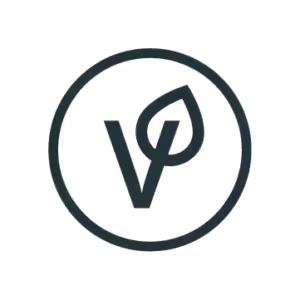
Vegetarian rennets are either vegetable-based (made from plants such as figs, nettles and thistles), microbial (produced using moulds and fungi sources) or made using genetically modified rennet.
THE NEW FOREST, LYBURN FARM, SALISBURY, BRITISH ISLES
The New Forest, has no great history of cheese making, unlike the West Country. Traditionally, in the last 100 years, the milk from Hampshire, has always travelled eastwards to the large conurbations of Southampton and London, to be sold as bottled milk. Historically records show that cheese, will have been made by the Cistercian Monks at Beaulieu and other Monasteries, back in the 1200’s. Cheese will also have been made on the various farmsteads in the last 500 years, particularly those farms that are named ‘White House Farm’ as they will certainly have had connections with cheese. The manors of Winchester, of which this area was part, including Downton, indicate that cheese was made locally, but not in large commercial quantities. For the valley of the Blackwater, and Lyburn Farm, cheese making is a relatively new venture set up to address the needs of a changing market place.
Cheesemaker The Lyburn Team
“The whole operation of producing cheese is very much a team effort. Phil has been at the farm a long time now and knows each of the cows as individuals. His job, as herdsman, is to produce clean wholesome, good quality milk with low cell counts. The cows produce about 1.3 million liters of milk a year, of which we turn about 50% into cheese.
James, will then use his skills as a cheesemaker, to turn the milk into curds. Then, eventually cheese, over a period of 10 weeks to 18 months. Andy, Steve and Amy then look after the maturation of the cheese, the packing and distribution. Jono our eldest son will look after the farm and do the muddy boots bit, Judy will look after the farm office.”
Additional information
| Weight | N/A |
|---|---|
| Size | 250g, 500g, 1KG |
Related products
-

Isle of Mull Cheddar
£10.20 – £40.80 Select options This product has multiple variants. The options may be chosen on the product page -

The Cheddar Cheese Box
£40.00 Add to basket -

Montgomery Cheddar
£7.40 – £29.60 Select options This product has multiple variants. The options may be chosen on the product page -

Mayfield
£7.75 – £31.00 Select options This product has multiple variants. The options may be chosen on the product page
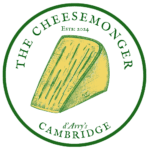

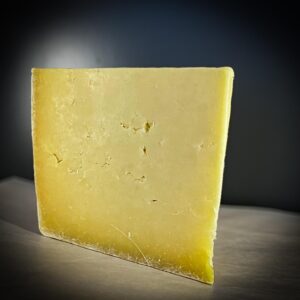
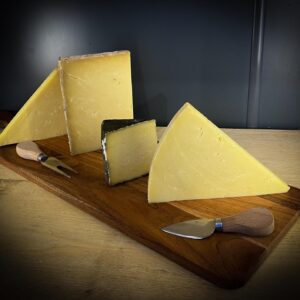
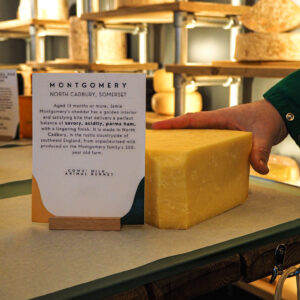
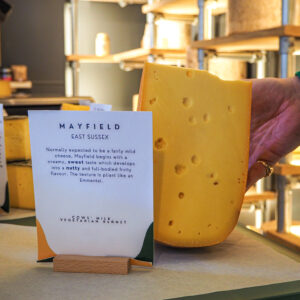
Reviews
There are no reviews yet.